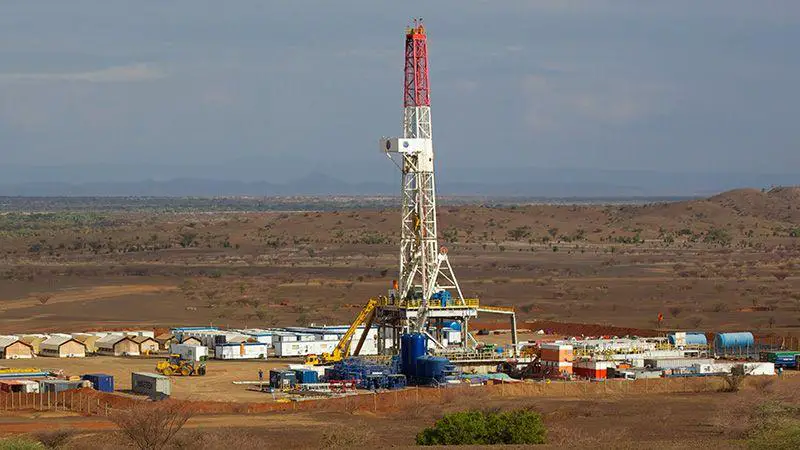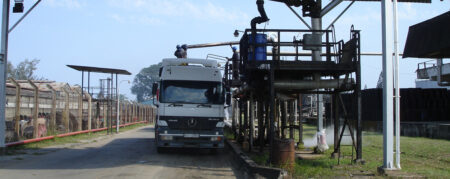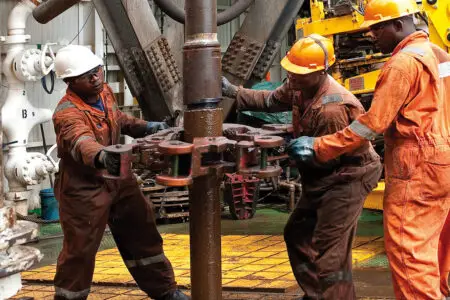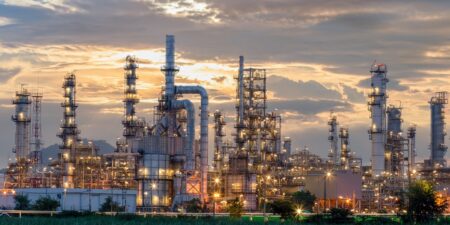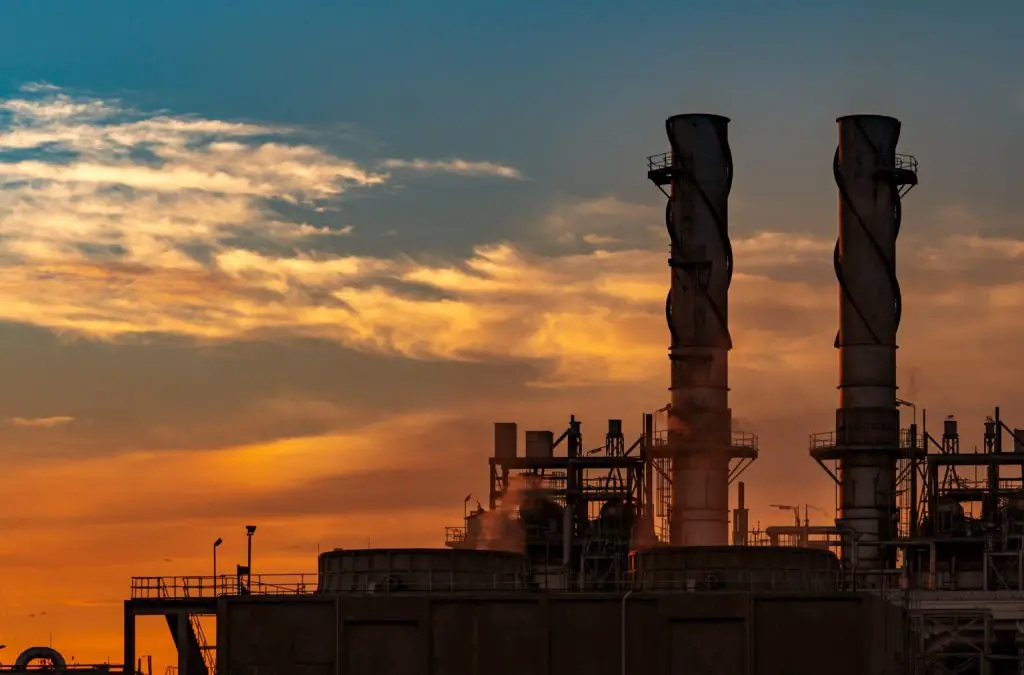- How transition finance can catalyse Africa’s green industrial revolution
- Stanbic PMI Report: Mixed performance as Kenya’s agriculture, construction offset manufacturing decline
- Uganda’s land management gets a tech makeover to boost transparency
- Nigeria’s output dips fastest in 19 months on a sharp rise in costs
- Apple faces growing backlash over Congo exploitation
- Why East Africa is staring at higher wheat prices in 2025
- Nairobi Gate SEZ pumps $7 million into Kenya’s agro-processing industry
- What impact will the US election have on Africa?
Browsing: BP
- Tullow’s 2023 operating revenue surpasses expectations with strengthened Group financial position through a cut in debt.
- British firm has secured long-term capital through a $400 million debt from Glencore Energy.
- Explorer is projecting a $800 million free cash flow from 2023–2025 and a sustainable revenue flow outlook thereafter.
British exploration firm, Tullow Oil, has singled out Kenya oil project as one of its key areas in production growth for 2024, as it expects to deliver $800 million in operating revenue from 2023 to 2025.
This is captured in its financial results for 2023, where Tullow reiterated the delivery of its plan, which is achieving targeted results and a much-improved business. During the year, Tullow continued to evolve and built a strong and unique foundation to create material value, the company reported.
Several significant milestones were achieved in 2023, including the start-up of Jubilee South East which has given Ghana’s upstream …
- The country’s petroleum products distributor, Kenya Pipeline Company (KPC), is set to take over the refinery.
- It will utilize it for storage of super petrol, diesel, kerosene and the latest now being development of a bulk LPG (cooking gas) reserve.
- The Kenya Petroleum Refineries Limited was originally set up by Shell and British Petroleum Company BP to serve the East African region in the supply of a wide variety of oil products.
Kenya plans to fully turn its defunct oil refinery into a storage center for imported products, as the dream of refining its own crude oil fades ahead of commercial production projected to commence before 2027.
Both the government and British exploration firm, Tullow Oil, which is seeking joint ventures for the Turkana oil project, are hopeful Kenya will go into commercial oil production in the short-term.
However, it is now clear that the country has no plans …
- Oil and gas discoveries in Tanzania have caught the eye of energy giants Equinor, ExxonMobil, and Shell.
- Tanzania is strategically positioning itself for the commercialization of its energy resources.
- The upcoming Tanzania Energy Congress on September 20-21 will showcase the country’s potential in the sector.
Tanzania’s vast natural gas reserves have attracted the attention of energy giants Equinor, ExxonMobil, and Shell, marking a significant leap forward in the nation’s economic prospects. With a recent discovery of oil reserves in Wember-Eyasi, Tanzania’s energy landscape is poised for a transformative shift. Analysts note that oil and gas will bolster the country’s position as an emerging player in the global energy sector.
Strategic positioning in global gas market
Mirroring the ambitions of Africa’s top oil-producing nations, such as Nigeria, Algeria, Libya, Angola, and Egypt, Tanzania is strategically positioning itself for the commercialization of its energy resources to fuel both its own industrialization and …
- Angola’s oil and gas sector has been placed at the forefront of African energy investment.
- Angola has regulatory reforms, infrastructure development, and exploration strategies in place.
- Natural gas will play a crucial role in the global effort to reduce carbon emissions. Angola has 13.5 trillion cubic of natural gas.
Over the past 30 years, massive Angolan oil and gas reserves have steadily positioned the southern African country as a top destination for investors. Strong returns on investment from Angolan oil and gas are now attracting even more global market players. The country’s oil-rich acreage is paying great dividends.
Angolan oil and gas current production
The nation is currently ranked as the top oil producer in sub-Saharan Africa. Angola boasts of having confirmed reserves of 11 trillion cubic feet of natural gas and nine billion barrels of oil. The majority of these reserves are found in offshore fields, especially in the …
-
Energy multinationals Shell, Equinor, and ExxonMobil have finalised vital talks on Tanzania’s $40 billion Liquified Natural Gas investment.
-
The move paves the way for final agreement on how to execute the long-delayed energy project that will significantly boost Tanzania’s revenues and create jobs.
-
President Samia Suluhu Hassan’s government expects the construction of the project to start in June 2025.
Tanzania is preparing the final deal to guide harnessing her $40 billion offshore gas reserves following the conclusion of talks with energy giants Shell, Equinor, and ExxonMobil. A final agreement on the $40 billion gas investment is in the works with signing expected in the coming weeks.
“The work is done… companies (IOCs) have gone to sit with their boards, and we are now awaiting the next steps. The government expects construction to start in June 2025” Managing Director of the Petroleum Upstream Regulatory Authority (PURA), Charles Sangweni, said the project’s …
- During the last three decades, Angola has established itself as a top-tier destination for big oil and gas companies.
- Natural gas is an essential intermediary in the energy transition, generating fewer emissions than petroleum and coal products.
- Angola’s regulator, the ANPG, aims to attract investment from sources other than the country’s traditional oil and gas producers.
While foreign oil firms steadily abandon African hydrocarbon resources and transfer capital spending to alternate energy sources, Africa is experiencing output reductions across significant assets. The fall in oil and gas output is primarily because Integrated Oil Companies (IOCs) are affected by lobbies urging them to withdraw from fossil fuels and invest in renewables.
Understanding the Decline in fossil fuel funding
Since loans are becoming more costly, it is becoming more difficult to borrow funds for investment in exploration, development, and production (E&P). Some financial firms are beginning to limit capital accessible for these …





